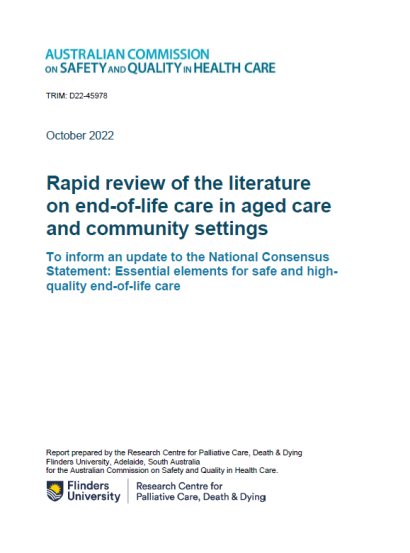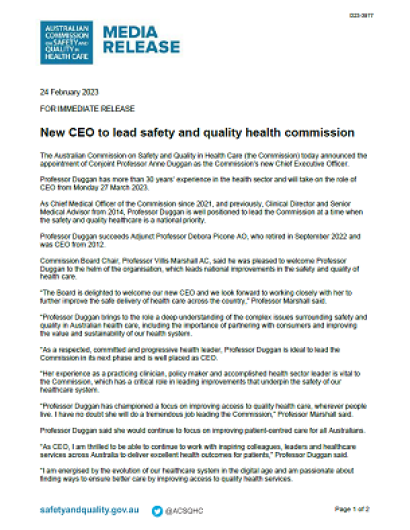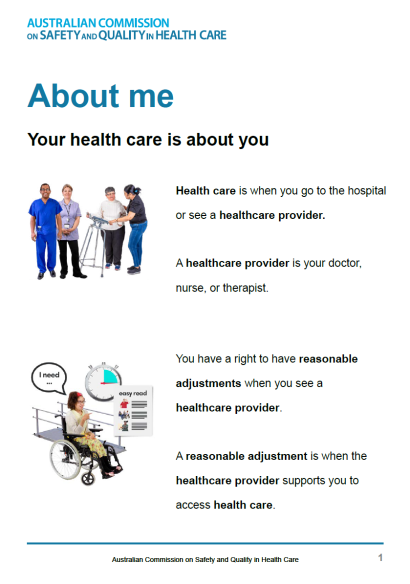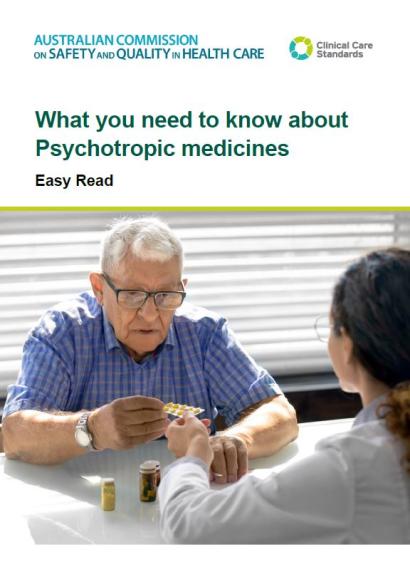Digital mental health services accredited to the National Safety and Quality Digital Mental Health (NSQDMH) Standards have been independently assessed to ensure they have systems in place to meet the necessary safety and quality requirements.
The National Safety and Quality Health Service (NSQHS) Standards support the right of people with intellectual disability to equitable health care. This page provides further resources to assist those with intellectual disability and their family and supporters to understand and advocate for equitable health care, as part of the Commission’s support for improved health care for people with intellectual disability.
Antimicrobial resistance (AMR) is a serious threat to human health and patient safety. Hundreds of people in Australia die each year as a result of AMR.
From 1 January 2023, the Australian Commission on Safety and Quality in Health Care (the Commission) became the custodian of a range of Quality Use of Medicines (QUM) functions, expanding our role in QUM stewardship. This follows the redesign of the Quality Use of Diagnostics, Therapeutics and Pathology (QUDTP) Program outlined in the 2022–23 Federal Budget.
Status updates for each function can be found below.




